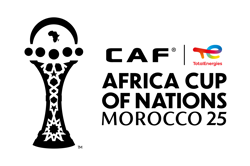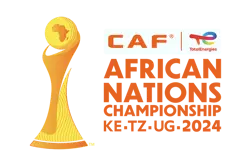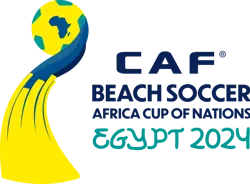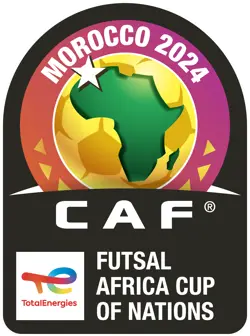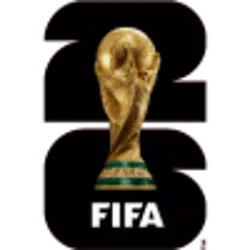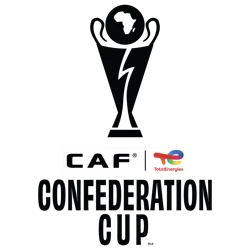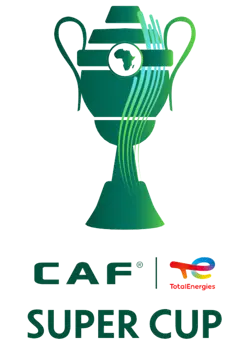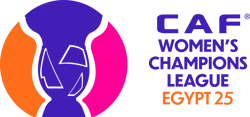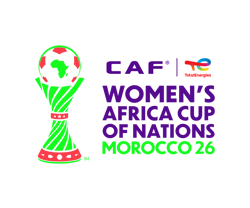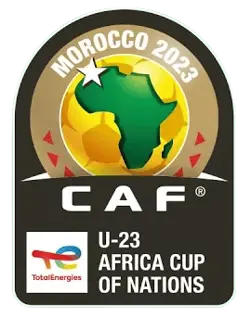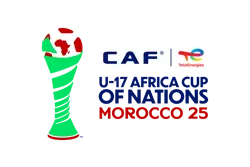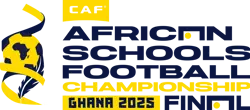CAF takes giant steps forward in fight against doping in African football
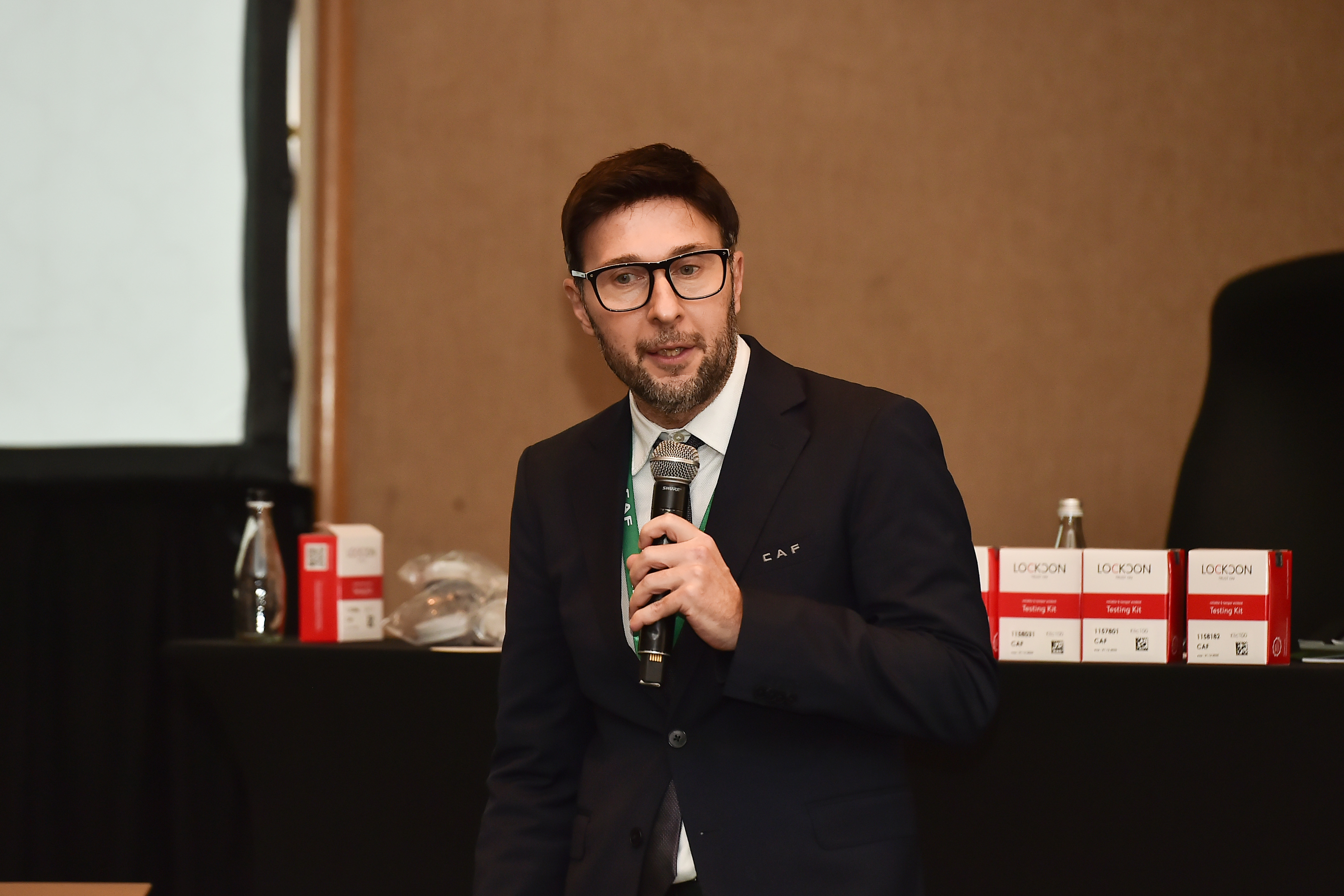
The Confédération Africaine de Football (CAF) continues to take giant steps in its ongoing fight against doping in African football.
Through its Anti-Doping Unit, CAF has been on an aggressive drive to curb the scourge of performance-enhancing drugs, an issue for the sport globally.
In line with CAF President Dr Patrice Motsepe’s vision of making African football globally competitive, CAF’s Anti-Doping Unit has ramped up its efforts to ensure the growth of African football continues free from factors such as doping.
CAF, in partnership with its COSAFA Zonal Union, recently staged its latest Anti-Doping Workshop with medical practitioners from across the Southern African region, who gathered for an in-depth workshop and training.
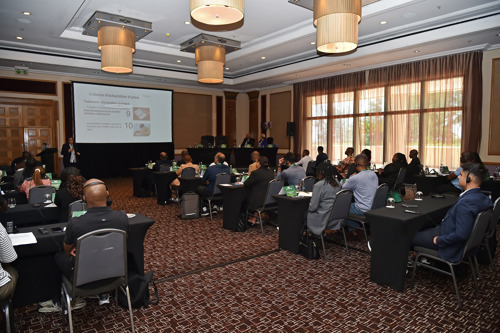
“Although the CAF Anti-Doping Unit started in 2020, we have achieved our set targets. Since 2020, we have conducted 900 tests per year which is quite remarkable. Despite this great achievement, we are not entirely satisfied because we want to ensure that we rid African football of doping offenders,” said CAF Senior Anti-Doping Manager, Sherif Abou El Enein.
The recently concluded CAF Anti-Doping Workshop in Johannesburg came on the back of two successful editions held in Monrovia, Liberia and Ouagadougou, Burkina Faso, where CAF, working closely with its Zonal Unions, gathered qualified Medical Practitioners for the workshop.
Commenting on the appointment of qualified medical practitioners as CAF Doping Control Officers (DCOs), El Enein said the practise was of a delicate nature, adding that it impacts football players’ careers and therefore must be overseen by highly qualified and experienced personnel.
“CAF took the decision that being a qualified Medical Doctors is a prerequisite to be an official CAF Doping Control Officer. To a very large extent, this is a medical practise and therefore must be treated as such,” said El Enein. “It is also important to note that a player can be banned for up to five years should they be found in violation, this therefore means that this practise ultimately affects players’ careers and cannot be taken lightly, hence the appointment of highly qualified and experienced Medical Doctors.”
The use of technology has been incorporated in CAF’s fight against doping with the MODOC system, a paperless Doping Control testing method that has digitised the process to eliminate human error.
CAF’s adoption of MODOC and keeping up with global trends further aligns to the governing body of African football’s broader strategy of making effective use of technology across its administration.

